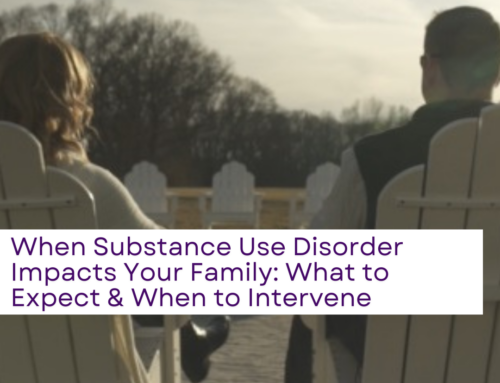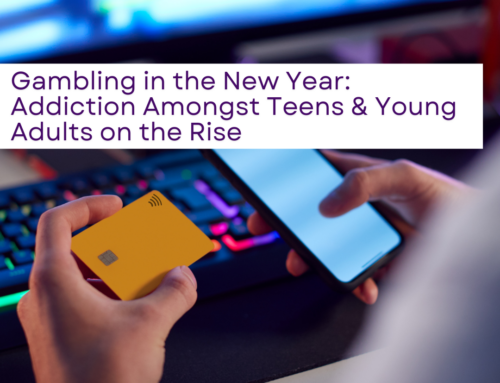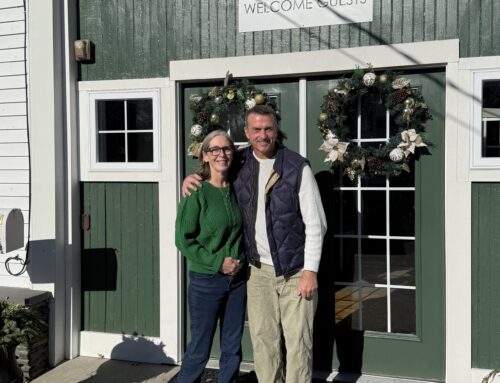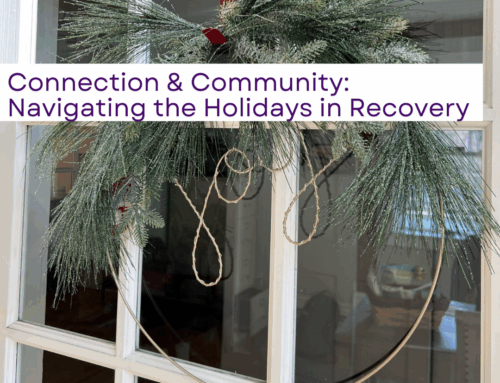
Hosting social events in recovery can present unique challenges. Interacting with your community is a key aspect of a healthy recovery, so it’s important to continue to socialize. It simply requires a bit of thoughtful planning and self-awareness, and you can create enjoyable gatherings that support your recovery without risk of relapse.
Plan with Purpose
Your recovery comes first, even when hosting social events. Begin by considering your current recovery stage and emotional state. If you’re newly sober or experiencing heightened stress, consider postponing or modifying your plans. There’s no shame in prioritizing your well-being.
When you do host, set clear boundaries about what will and won’t be present at your event. Communicate these expectations to guests ahead of time to avoid uncomfortable situations. Remember that good friends will respect your recovery journey.
Create a Recovery-Supportive Environment
The physical space of your gathering significantly impacts your recovery experience. Consider hosting in locations naturally free from triggers – parks, coffee shops, or activity-based venues like bowling alleys, indoor sports centers, and more. Inquire ahead of time if alcohol is served on premises.
Offer a variety of appealing non-alcoholic beverages. Today’s market features a myriad of alcohol-free options that help you feel included without compromising sobriety. Make sure to keep these options fully stocked, so you and other non-drinking guests have attractive options.


Access Your Support System
Do not host alone if possible. Invite a recovery ally — someone who understands your journey and will remain sober alongside you. This person can offer emotional support, monitor how you’re doing, and help navigate difficult conversations or situations.
Consider whether your guest list supports your recovery. While recovery doesn’t mean cutting off all relationships, it’s reasonable to be selective during vulnerable periods. Friends who respect your boundaries and don’t center activities around substances make safer companions, especially during early recovery.
Prepare for Challenging Moments
Even with perfect planning, difficult situations may arise. Always come prepared with an exit strategy for times when you may feel triggered or overwhelmed. This might mean stepping outside for air, excusing yourself to a private space for meditation, or having a pre-arranged check-in call with your sponsor or supportive friend.
Create responses for common scenarios: how you’ll decline if someone offers you alcohol, what you’ll say if asked about your sobriety, or how you’ll handle it if someone brings substances to your event, even if you have asked them not to. Practice these responses until they feel natural.
Structure Activities Around Shared Experiences
Recovery-friendly gatherings benefit from clear activity focus. Game nights, cooking classes, crafting sessions, or outdoor adventures shift attention away from drinking and toward shared experiences. These activities naturally discourage active or excessive substance use while building meaningful connections.
Consider timing your event during hours less associated with heavy drinking. Brunches, afternoon barbecues, or morning hikes can reduce pressure around alcohol consumption compared to late-night gatherings.

Practice Self-Care Throughout
Monitor your energy levels and emotional state during the event. Hosting requires significant energy, which can deplete your emotional resources and potentially trigger cravings. Take breaks when needed and don’t hesitate to end the gathering if you’re feeling vulnerable.
Stay physically grounded by getting adequate sleep, regular meals, staying hydrated, and paying attention to signs of hunger, anger, loneliness, or tiredness (HALT) that might make you vulnerable to relapse.
Prepare in Advance for Unexpected Situations
Despite careful planning, complications may arise. If someone arrives intoxicated, have a plan for safely getting them home. If substances appear unexpectedly, be prepared to calmly but firmly reinforce your boundaries. Having a sober friend or family member at your gathering to help should this occur is advisable.
Remember that you have the right to protect your recovery, even if it means asking someone to leave or ending the gathering early. Your sobriety is non-negotiable, and those who care about you will understand.

Find Joy in New Traditions
Recovery opens doors to rediscovering authentic connection without substances. Many people find their social lives become richer and more meaningful after addressing addiction. Appreciate the clarity and presence you bring to social situations now—many hosts miss these moments when impaired.
Document successful events and note what worked well. Each positive experience builds confidence in your ability to maintain an active social life within recovery.
After the Event: Reflection and Processing
Once guests have departed, take time to process the experience. If challenging moments occurred, discuss them with your sponsor or recovery community. If the event went smoothly, acknowledge your success and consider what strategies were most effective.
If you had cravings or difficult emotions during your event, show yourself compassion rather than criticism. Recovery isn’t a perfect linear journey, and learning from each social situation strengthens your toolkit for the future.

Building a Sustainable Social Life in Recovery
As you gain confidence hosting recovery-friendly gatherings, you’ll develop your own unique approach to socializing while sober. Many people in long-term recovery report that their social lives become more authentic and satisfying without substances dulling their experiences.
Remember that your recovery journey inspires others. By modeling healthy socialization without substances, you normalize sobriety and potentially help others questioning their relationship with alcohol or other substances.
Hosting while in recovery represents a significant milestone in reclaiming your life and relationships. With thoughtful planning, clear boundaries, and self-awareness, social gatherings can strengthen rather than inhibit your recovery journey. Each successful event builds confidence in your ability to enjoy a rich social life while maintaining the sobriety that enables your best self to emerge.
About Herren Wellness
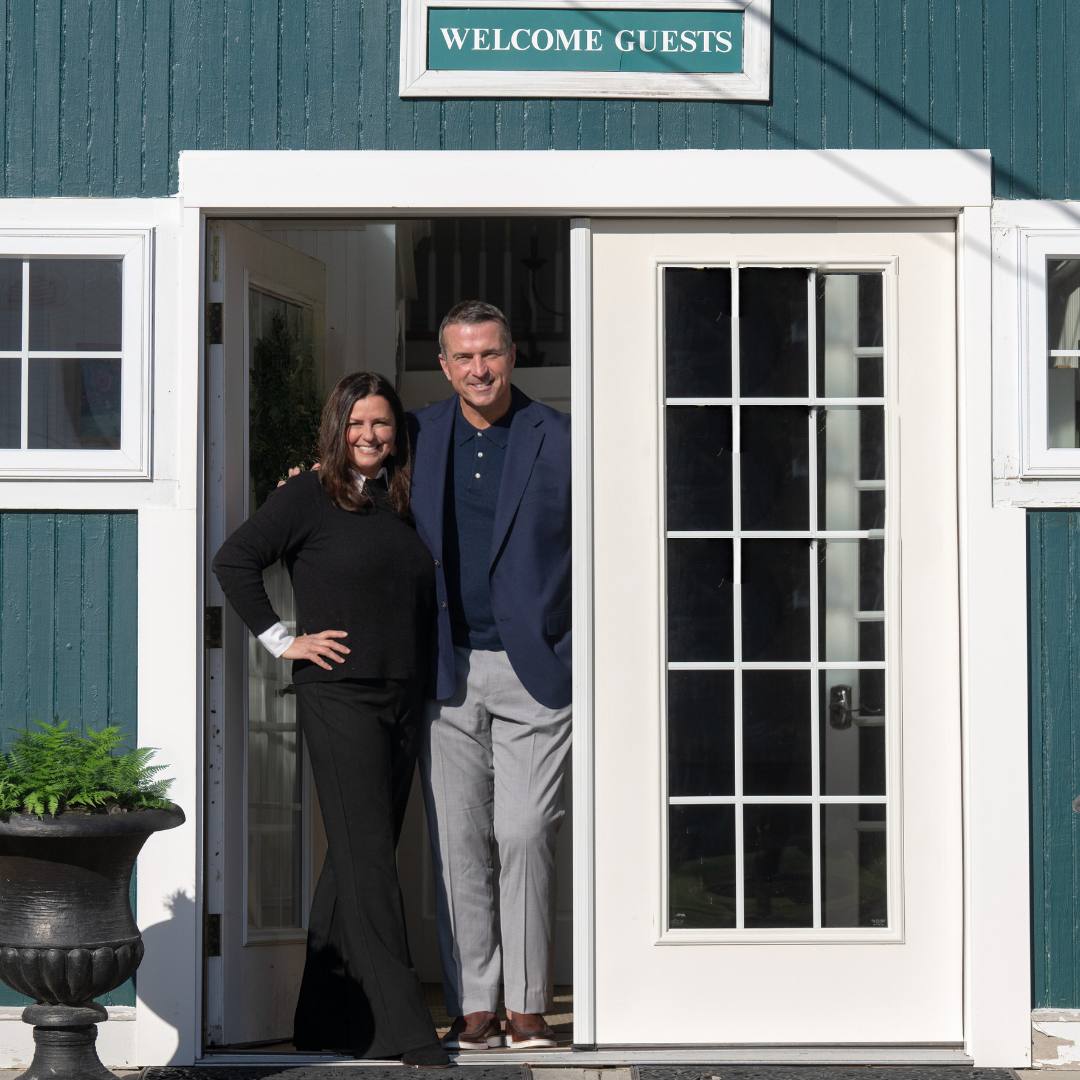
Herren Wellness is a thriving community of people at all stages in their recovery journey. We introduce holistic therapies and strategies centered around emotional, physical, and spiritual wellness, in addition to life coaching sessions, family support and an individualized wellness plan to provide a solid foundation in recovery from alcohol and substance use.
We believe that staying connected and community has a lasting impact on recovery, and encourage all alumni to participate in our weekly alumni meetings, seasonal events and annual retreat. Your connection to Herren Wellness doesn’t end when your stay ends; we are there for you throughout your recovery journey.
If you, or a loved one are struggling with substance use, why wait? Please call us at (844) 443-7736, email us at info@herrenwellness.com, or or schedule a phone consultation. You are not alone.


